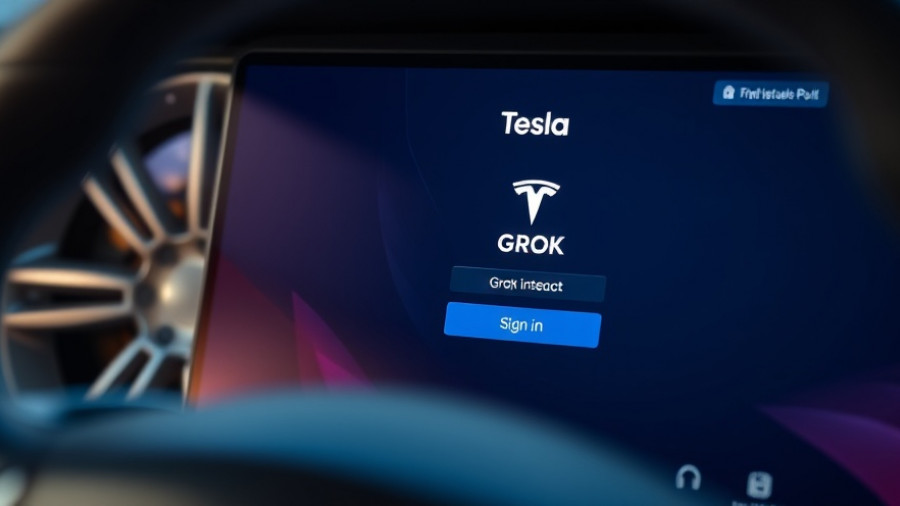
The Emergence of AI Search Tools: A Breakthrough in Information Retrieval
The landscape of information retrieval has evolved dramatically over the past few years, with artificial intelligence search tools leading the charge. These tools aim to revolutionize how we access information, making it faster, more intuitive, and tailored to individual needs. In this era of rapid technological advancement, understanding how these AI systems function and their implications for users is crucial.
Testing the AI Search Tools
To evaluate the effectiveness of various AI search tools, we conducted a series of tests designed to assess their performance across different criteria. These included accuracy, speed, and user satisfaction. Notably, tools like Grok 3 and Grok 4, developed by Elon Musk's team, exhibited remarkable capability in delivering precise answers to complex queries. This was juxtaposed against traditional search engines, which sometimes faltered in contextually understanding nuanced questions.
Understanding User Interaction with AI Tools
User interaction is a critical element in assessing AI tools. We observed that users often approach AI search queries differently than traditional searches. Instead of stringing together keywords, users posed questions in full sentences, expecting conversational responses. This shift underscores the necessity for AI tools to not only understand language but also the underlying intent. For instance, Grok 4 incorporated a more advanced natural language processing model, significantly enhancing user experience.
The Impact of AI Search Tools on Society
AI search tools are not just game-changers for personal inquiries; they hold profound implications for businesses and information professionals. Companies can leverage AI to gain insights quickly, dramatically reducing the time spent on research. This swift access to information can enhance productivity and inform decision-making processes, thereby making a notable impact on the efficiency of industries ranging from healthcare to finance.
Addressing Concerns: Accuracy and Misinformation
While the capabilities of AI search engines are promising, they are not without challenges. One pressing concern is the accuracy of the information provided and the risk of misinformation. During our testing, it was evident that while Grok 4 outperformed many tools regarding answer accuracy, it wasn't infallible. Users must remain critical of the information presented and verify facts before relying on them, especially for important decisions.
Looking Ahead: The Future of AI and Search Interaction
The future of AI search tools seems promising, with continued enhancements expected. We anticipate the emergence of even more sophisticated models that can seamlessly cross-reference information across diverse databases, leading to richer and more reliable search results. As these technologies develop, they may redefine our relationship with information and how we perceive knowledge accessibility.
In conclusion, AI search tools like Grok 3 and Grok 4 are paving the way for a new era of information retrieval. As we continue to integrate these tools into our everyday lives, understanding their strengths and limitations will empower users to navigate the digital landscape more effectively. It is essential for users to engage critically with AI-generated information while embracing the advancements these tools bring to the table.
 Add Row
Add Row  Add
Add 




Write A Comment